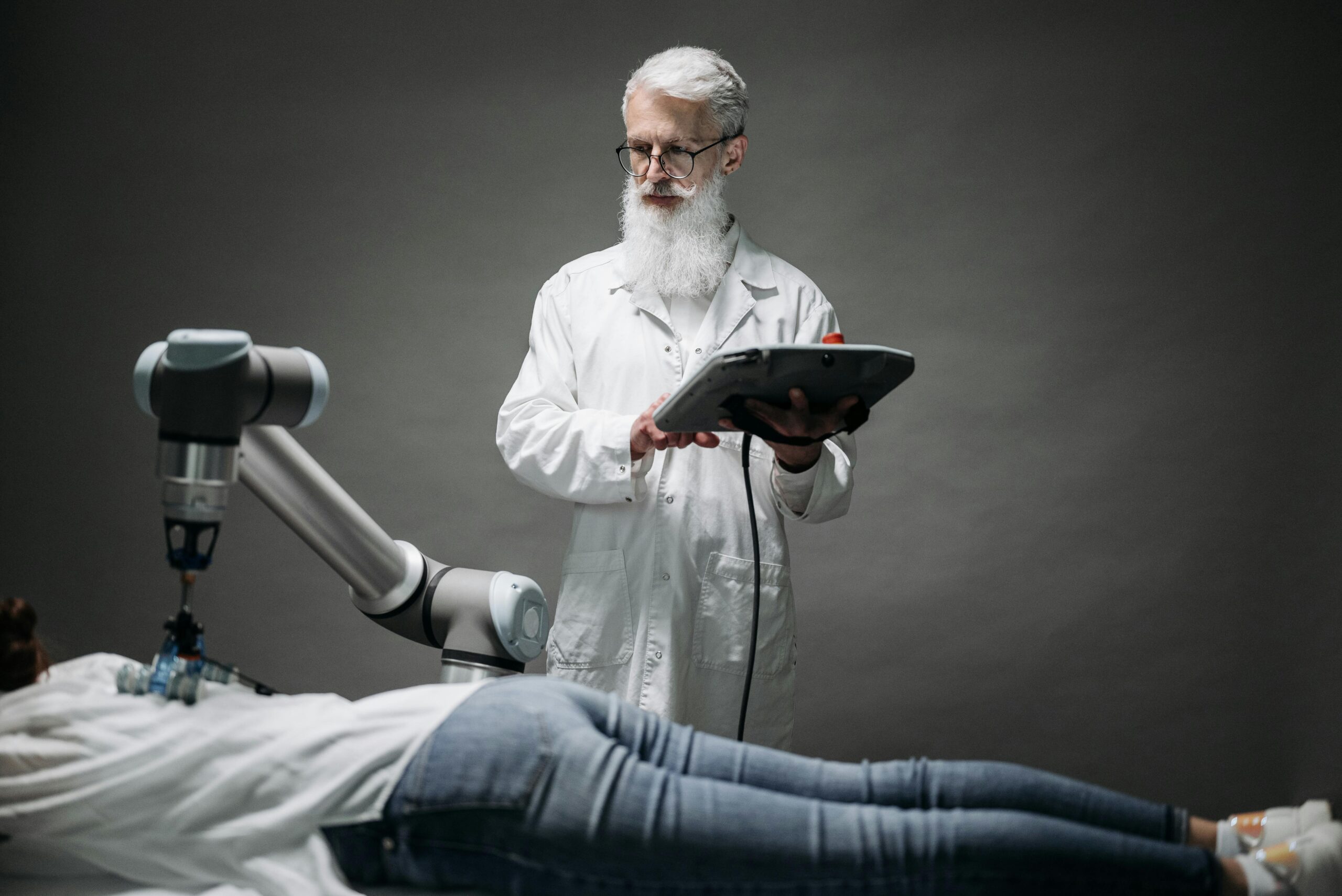Artificial intelligence (AI) is transforming industries, but one of its most profound impacts is in the field of disease research. As scientists continue to unlock the capabilities of AI, we are seeing unprecedented advances in understanding, diagnosing, and treating diseases. This article delves deep into how AI is driving this revolution, detailing its applications, challenges, and future potential in shaping modern healthcare.
The Impact of AI on Disease Research
AI has emerged as a game-changer in the healthcare sector. From accelerating data analysis to identifying novel drug candidates, the applications are extensive. AI’s ability to process massive datasets quickly has enabled researchers to draw insights that were once impossible to achieve with traditional methods.
Advancements in Disease Diagnosis
One of the most significant contributions of AI is in disease diagnosis. Algorithms powered by machine learning are capable of analyzing medical imaging, lab results, and patient records with precision. For instance, AI can identify patterns in imaging scans that are often invisible to the human eye, thereby aiding in early diagnosis.
AI-driven diagnostic tools have shown remarkable success in fields like radiology and oncology. In cancer detection, for instance, AI systems can pinpoint anomalies in mammograms or MRIs faster and with greater accuracy than many traditional methods, leading to earlier interventions and improved patient outcomes.
AI in Drug Discovery
Developing new drugs is a time-consuming and costly endeavor. AI is reshaping this process by accelerating the discovery of potential treatments. By analyzing biological data, AI models can predict how different compounds interact with targets in the body. This reduces the time needed to identify viable drug candidates and minimizes reliance on expensive trial-and-error methods.
Some pharmaceutical companies have already leveraged AI to develop medications in record time. During the COVID-19 pandemic, for example, AI algorithms helped researchers identify potential antiviral agents, expediting the process of bringing drugs to clinical trials.
Personalized Medicine and AI
One-size-fits-all treatments are often less effective than therapies tailored to an individual’s genetic makeup and lifestyle. AI is central to the growing field of personalized medicine, allowing clinicians to customize treatments. By analyzing a patient’s genetic data alongside other health indicators, AI can recommend treatment plans optimized for each person.
This application has had profound impacts in managing chronic diseases like diabetes or rare genetic disorders. Machine learning models continuously analyze patient data to adapt treatment strategies, ensuring they remain effective over time.
Key Areas of AI’s Influence in Healthcare
AI’s integration into healthcare is multifaceted. Below are specific areas where its impact is undeniable:
1. Predictive Analytics in Disease Outbreaks
AI models are increasingly used to forecast disease outbreaks. By analyzing environmental, societal, and biological data, these systems can predict where and when a disease might spread. During the COVID-19 pandemic, for example, AI tools tracked real-time data to provide actionable insights about infection rates and hotspots.
2. Patient Monitoring Systems
AI-powered devices are enabling continuous monitoring of patients. Wearable technology paired with AI algorithms provides real-time updates on patients’ vital signs, helping healthcare providers intervene promptly when abnormalities arise.
3. Healthcare Administration Optimization
Administrative inefficiencies cost the healthcare sector millions annually. AI tools streamline tasks like scheduling, billing, and resource allocation, ensuring healthcare professionals can focus on delivering quality care.
Challenges in Implementing AI in Disease Research
Despite its transformative potential, AI faces challenges in healthcare.
Data Privacy and Security
The sensitive nature of medical data raises concerns about privacy and security. Organizations must navigate stringent regulations while ensuring robust protections against cyber threats. Establishing trust among patients is equally critical.
Bias in Algorithms
AI models are only as good as the data they are trained on. If datasets lack diversity, there’s a risk of perpetuating biases that could lead to unequal healthcare outcomes. Efforts to diversify datasets are essential to mitigate this challenge.
Ethical Concerns
From employment disruptions to questions about accountability, the ethical implications of AI adoption in healthcare must be addressed. Regulatory bodies and industry leaders are tasked with creating guidelines that promote equitable AI use.
Future of AI in Disease Research
As technology continues to evolve, so will the applications of AI in disease research. Experts predict the following trends:
1. Expansion of Computational Biology
AI will enable deeper exploration into the mechanisms of diseases, leading to breakthroughs in treating conditions once thought incurable.
2. Enhanced Collaboration
The synergy between AI and human expertise will grow stronger. AI’s ability to process data rapidly complements researchers’ skills in hypothesis generation and experimentation.
3. Accessible Healthcare Solutions
As AI technology matures, it is expected to democratize access to healthcare. Low-cost diagnostic tools powered by AI will make high-quality care accessible to underserved populations worldwide.
Conclusion
Artificial intelligence’s role in disease research is transformative, bringing speed, accuracy, and innovation to a field that directly impacts global well-being. As we embrace these advancements, fostering ethical, secure, and inclusive AI systems will be crucial to realizing its full potential in revolutionizing healthcare. Through AI, the future of medicine holds immense promise.
Read more about technology here
Read more about science here
Image credits https://www.pexels.com

